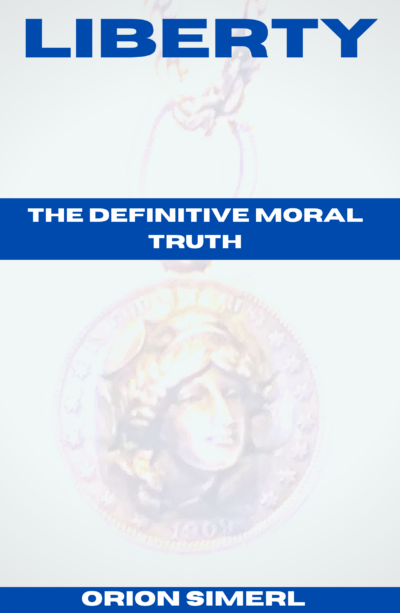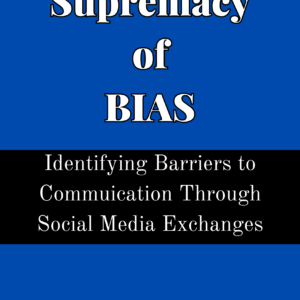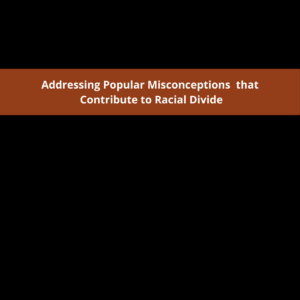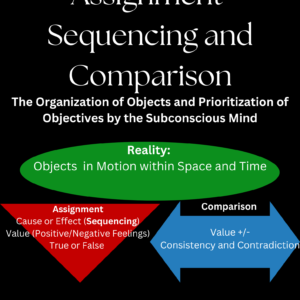Description
The human constant is that all creatures want to do what they want to do at all times. The human ideal is for all people to do as they please. All people can do as they please so long as each individual’s exercise of liberty does not impose on the liberty of anyone else. Actions that impose are wrong, and actions that do not impose are right which provide us with the basis for objective right. Moral duality is established through the basis of imposition since any moral code that claims an unimposing act is wrong is the imposition of a subjective preference, and any moral code that claims an imposing act is right is imposition. Moral duality is liberty and tyranny, the will to be unimposing, or the will to be imposing and impose subjective preference onto others. There is one objective morality that promotes the universal human interest to do as one pleases, and there are countless tyrannical models of morality consisting of different hierarchies of subjective preferences.
The first section begins by defining morality and moral function. Morality in the influence it has on values and how it motivates or prohibits behavior.
Following functions are the categories and explanations of imposing acts: Physical Harm, Property, Deception, Threats, Circumstantial imposition, and imposition on Time. Justifications for imposition, as well as other components of the foundation for addressing all moral questions through Liberty as the Basis for Objective Morality are defined within this first section.
In addition to addressing popular human superstitions that have a negative impact on human interests, religion is viewed through the lens of liberty. Concepts and tenants are analyzed to determine whether or not they promote or prohibit behavior that is imposing or unimposing. The religious analysis and commentary demonstrates how liberty functions by applying it to popular moral ideas that come from religion. I cover Christianity, Judaism, Islam, Buddhism, and Hinduism. Christianity is addressed more thoroughly than the other religions because it is the most popular religion in the US, and I am more familiar with it than I am with other religions. Address of other religions is far from comprehensive, but the main ideas of religions are analyzed through the measure of liberty.
The final chapter is a theory of existence called a god’s problem and the implications of morality to that theory. The likely purpose of the universe and life. The possibilities of what exists in spaces beyond our physical awareness in consideration and possibility of the survival of consciousness after death and moral application.
NOTE: To download book, return to page after purchase and the download option will be available on the page.






Reviews
There are no reviews yet.